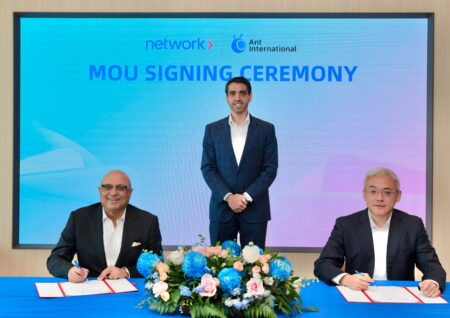- As more companies opt to digitize their operations across the board, most firms initially work with one or two payment processing providers
- The need to onboard more payment providers arises over time as enterprises expand to different regions and work to meet their customers’ growing needs
- The pandemic presented one of the best opportunities for e-commerce firms and FinTechs all over the world to achieve massive growth with the majority of people working and schooling from home
There is currently an untapped opportunity in Africa for the creation of unified payment Application Programming Interfaces (API) that enable e-commerce businesses to run seamlessly.
While Payment APIs have the power to optimize payment processes for both businesses and shoppers, a majority of small and large enterprises across the continent are yet to adopt such platforms in their day-to-day transactions.
This is particularly the case for businesses that operate in more than one jurisdiction forcing them to support an array of payment methods.
Read: KQ in Code sharing deal with Italian Airline to expand market access
Payment APIs not only make transactions faster and more secure, but they can also be used for a multitude of different payment services, all centred around creating a seamless checkout experience for both businesses and their customers.
They allow businesses to offer a range of payment methods, increasing convenience for customers by allowing them to use their preferred payment method.
These platforms help empower businesses to act as credit card processors as they accept credit card payments, bank account payments, or debit card-based payments as well as mobile money payments.
The pandemic presented one of the best opportunities for e-commerce firms and FinTechs all over the world to achieve massive growth with the majority of people working and schooling from home.
Seamless Payment Providers
One such firm is Egypt and US-based MoneyHash which describes itself as the Middle East and Africa’s “first super-API for payment orchestration and revenue operations”.
The digital payment platform has secured US$3 million in pre-seed funding to build a super-API for payment operations across Africa and the Middle East.
“The idea of the super-API is that you consolidate the different payment accounts and build all of these features on top of it. MoneyHash becomes this one-stop-shop product, or payments stack that you put in your product and manage all of these different integrations and checkout experience in each of the African and Middle Eastern countries and have all your information on one dashboard,” MoneyHash CEO Nader Abdelrazik said.

The funds which are an extension of an undisclosed six-figure raise MoneyHash announced last June from investors including Ventures Platform, Kepple Africa Ventures, LoftyInc Capital and lead COTU Ventures is aimed at fast-tracking the firm’s growth in the Middle East and Africa.
MoneyHash started in Egypt early last year, allowing 17 companies to use its sandbox environment to connect with its API and access payments gateways such as Fawry, Paymob and PayTabs.
As more companies opt to digitize their operations across the board, most firms initially work with one or two payment processing providers.
The need to onboard more payment providers arises over time as enterprises expand to different regions and work to meet their customers’ growing needs.
In Africa and the Middle East, operational inefficiencies and technicalities crop up as companies struggle to integrate different payments platforms. These problems are magnified due to differences in payment methods, currencies and isolations between countries.
MoneyHash sits on top of payment providers and offers its infrastructure as an extension of companies’ product backend. This extension becomes their connection to the entire payment ecosystem in the markets they operate.
MoneyHash clients cut across different industries including e-commerce, travel and tourism, and remittances, among others.
Through the platform, firms can integrate payment providers with a few clicks, embed a unified checkout system, and access micro-services such as transaction routing, subscription management and invoicing on the platform.
Read: Egypt’s unemployment rate decreases in Q2 of 2021-CAPMAS
“We think the payment industry, especially in emerging markets, is very fragmented and needs an AWS for money, which MoneyHash is doing when you connect with it and build as much as you need without needing to change anything,” Abdelrazik said.
MoneyHash will plug into different payments gateways and processors active in the Middle East and North Africa post-beta including Checkout, Stripe, Ayden, Amazon Pay, Tap and ValU.
According to Abdelrazik, integration with payment providers in sub-Saharan Africa mainly serving Nigeria, Kenya and South Africa like Yoco, Paystack and Flutterwave will follow after.

South African API infrastructure startup Stitch also announced it has raised US$21 million in a Series A funding round to help accelerate the expansion of Africa’s rapidly growing FinTech sector. The company raised US$6 million in a seed round last year after coming out of stealth in February 2021.
The fresh infusion of capital has been earmarked to further build out the necessary infrastructure to create the future of money on the continent by connecting bank accounts, wallets and businesses.
“We are incredibly fortunate to be supported by some of the best investors, founders and builders in the fintech space globally,” Stitch co-founder and CEO Kiaan Pillay said. “They are working closely with us to enable the boom we’re seeing in financial technology on the continent. Across the hundreds of customers we work with, big and small, we’re witnessing a record pace of development of new financial products.”
Read: Why digitization is important in the insurance industry











